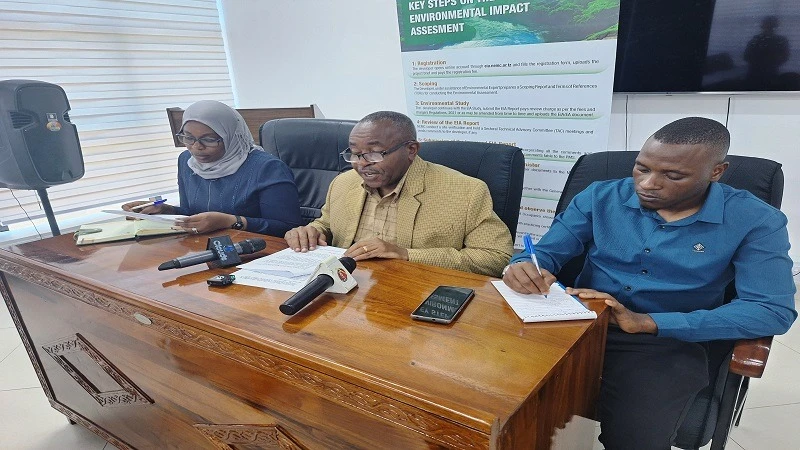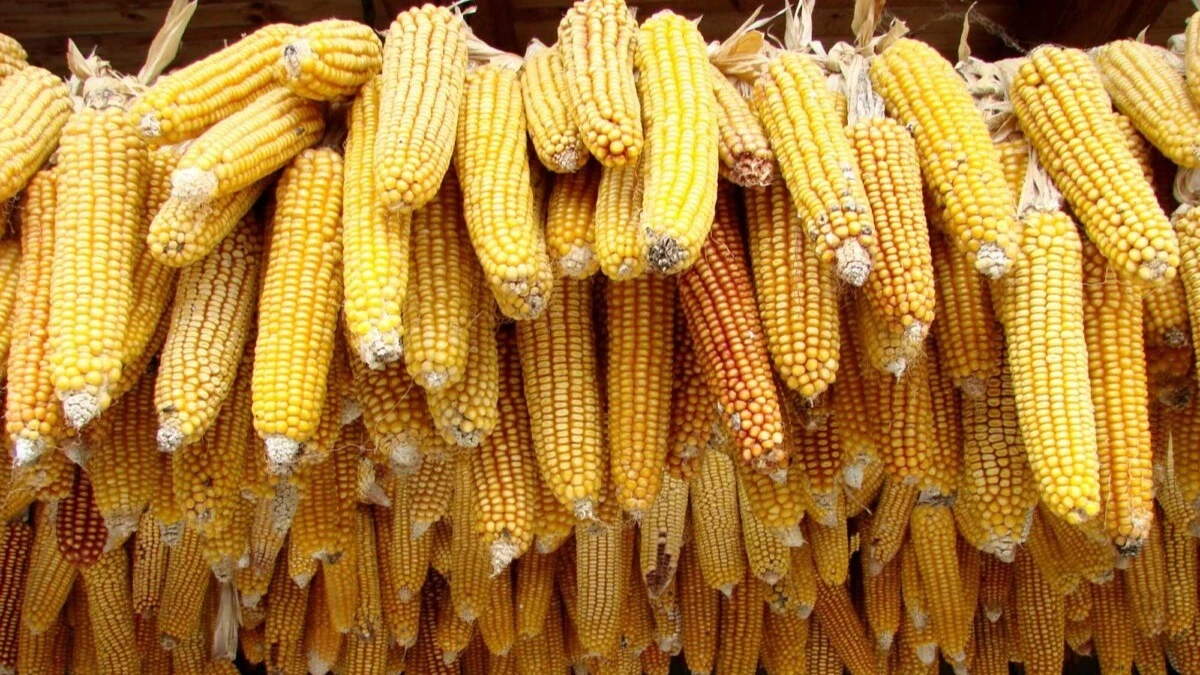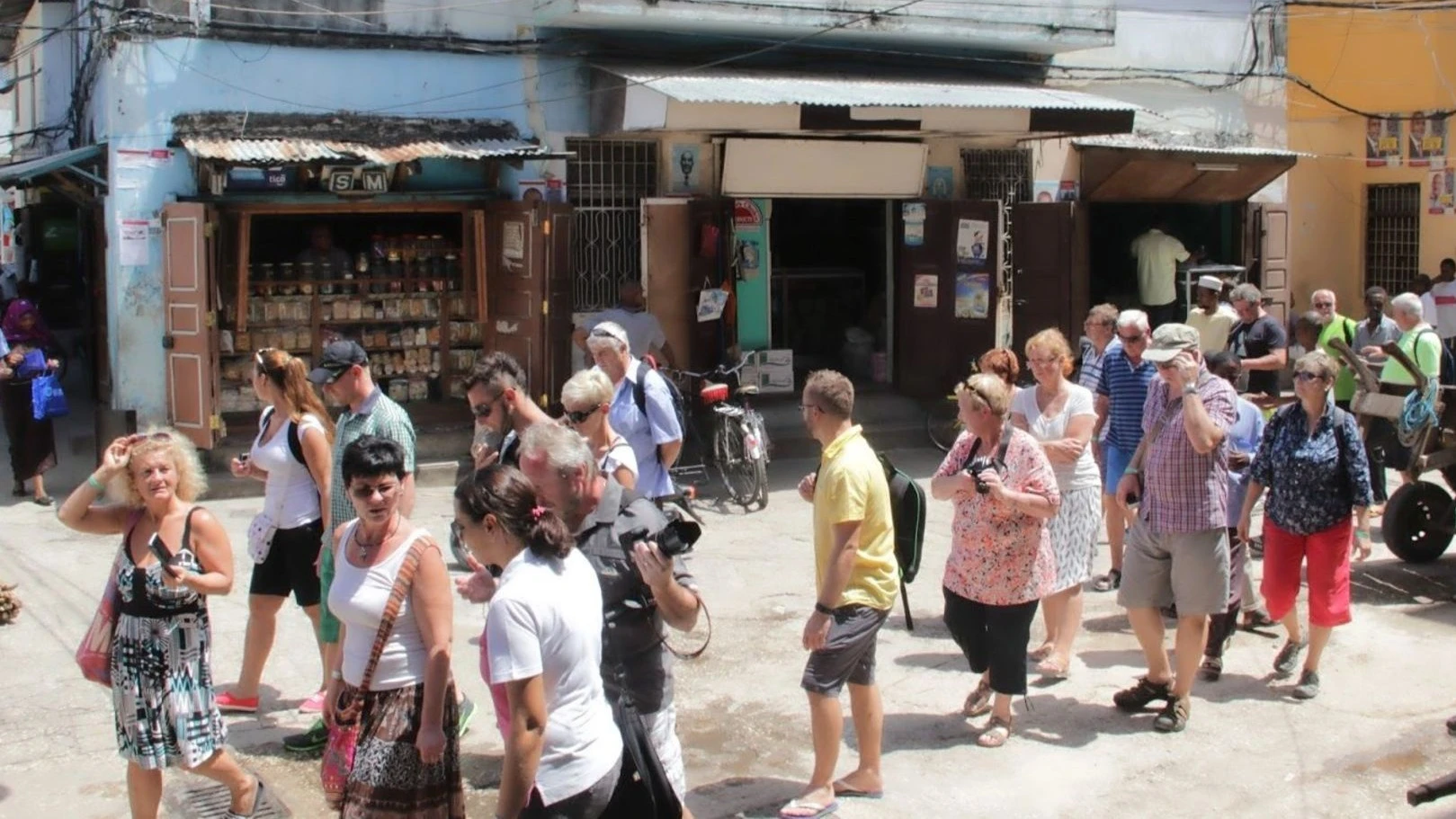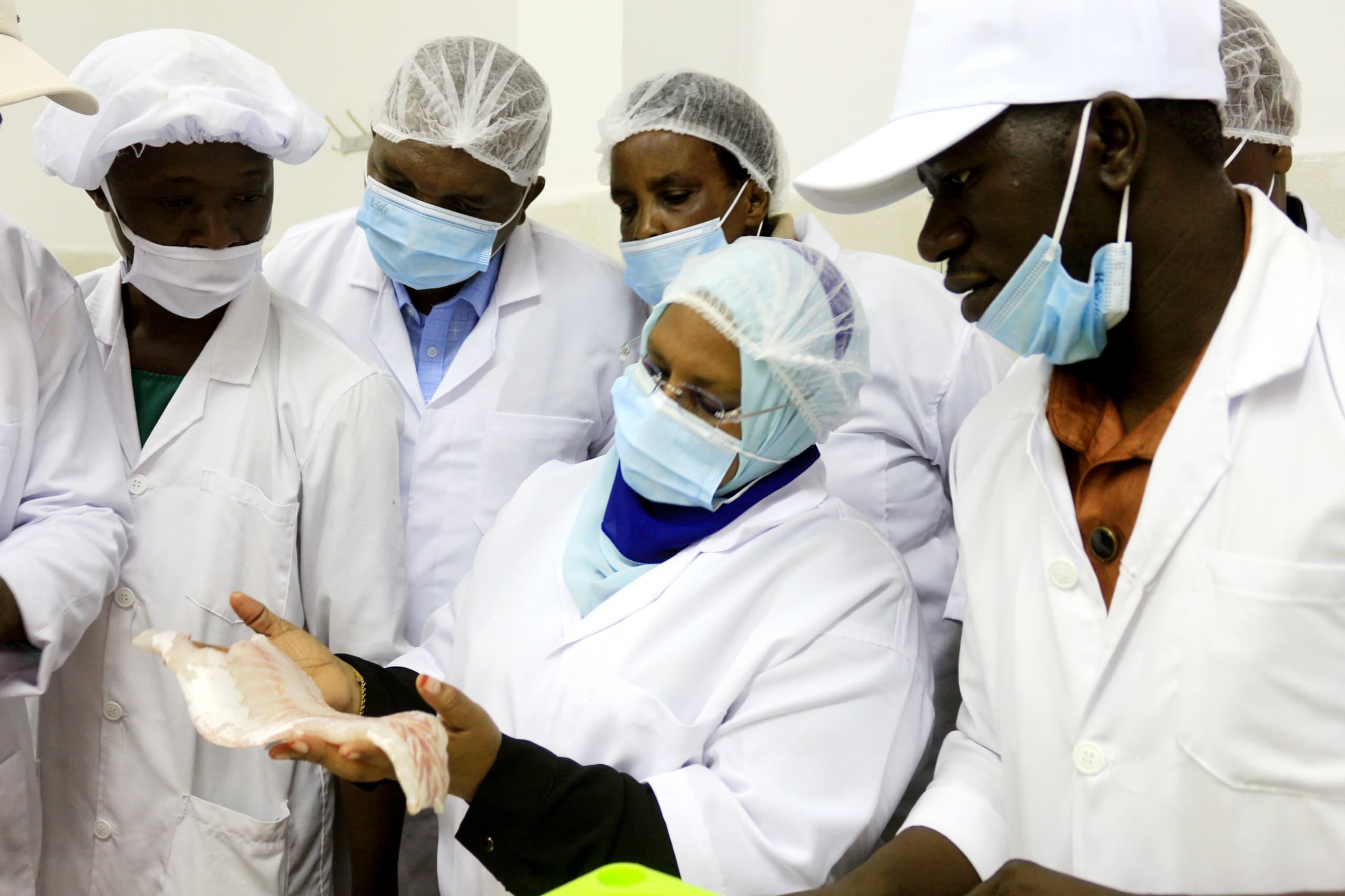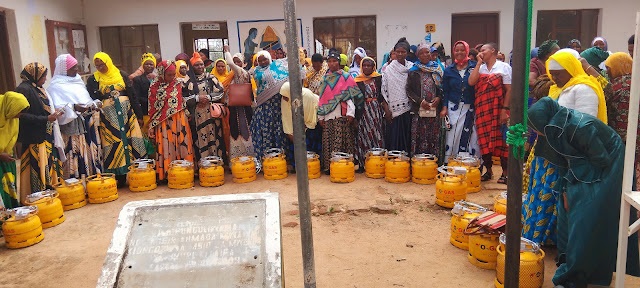Organic seed production sufficiency ‘on the horizon’
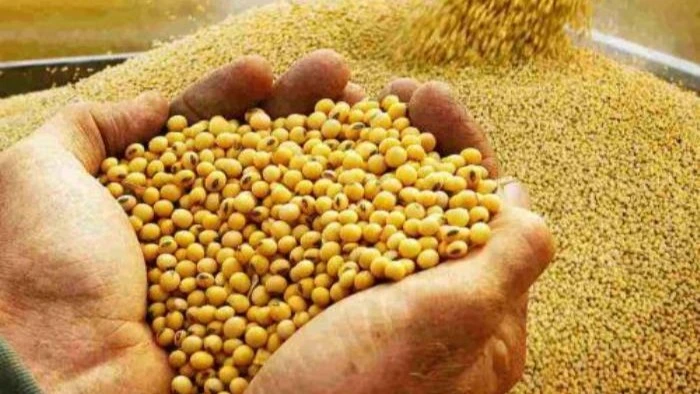
TANZANIA is inching towards self-sufficiency in seed production as it now growa79 percent of kernels used in the farm sector.
Enock Chimagu, the ministerial director of crop development, made this observation at the launch of an expansion project for the Enza Zadenorganic seeds farm here over the weekend.
The firm is an outfit which develops quality kernels for export, hosting the ministerial executive who affirmed that dependency on imported seeds was being reduced each year.
“We are now producing 78.6 percent of kernels used in the country, as we produced 71,356 tons of seeds during fiscal 2023/2024,” he said, underlining that spearheading horticulture was a priority, as a reliable vehicle for agricultural development goals.
Stanislaus Nyong’o, the Planning and Investment state deputy minister in the President's Office, stated that since horticulture is a big employer for women and the youth, it is appropriate for boosting exports and ensuring the country's food security.
Horticulture production grows at the rate of 11 percent annually, while the entire agricultural sector moves at the rate of 12 percent, he stated, citing data that horticulture export value stood at 668.7bn/- from 175,000 tons of produce shipped overseas during the period. A total of 340bn/- was earned from horticultural exports for 2021, he said.
Enza Zaden, a Netherlands firm is a vegetable-breeding outfit taking up over 30 new vegetable varieties, including lettuce, sweet peppers, tomatoes, cucumbers and onions. The firm employs more than 400 people, mostly women and youth, officials said.
Wiebe de Boer, the resident Dutch ambassador, hailed the firm as an exemplary Dutch company making the country proud with over 3,000 employees, up to 45 subsidiaries and three joint ventures in 26 countries.
The firm is now working with Tanzanians to achieve the goal of feeding the world healthily, he stated, pointing at the company\s 85 years of operations, credited with supplying nearly 20bn heads of lettuce from their farms.
Jaap Mazereew, the firm’s chief executive officer, said that vegetables seeds produced by the establishment provide meals to over 100\m people. It operates in 26 countries, employing over 3,000 people where 1,000 of its staff work in research projects. “Lots of studies are being undertaken because it takes about seven to ten years to develop a new vegetable variety,” he asserted.
“As we look into the future, we see growth potential everywhere, with certainly also in Africa recognizing that by the year 2050 over 25 percent of the global population will be living in Africa, therefore our work here has become significant,” he said.
Gerald Matowo, the firm’s operations manager, said their products strictly adhere to the good seed and plant practices (GSPP), an international, transparent business chain system.
This ensures that the production site's quality management system, work methods and information supply comply with the GSPP standard.
"The Arusha farm is also strategically placed in an area with ample fresh water, good sunlight and accessibility in terms of its proximity to the airport for rapid shipment of produce abroad," he added.
Top Headlines
© 2024 IPPMEDIA.COM. ALL RIGHTS RESERVED












